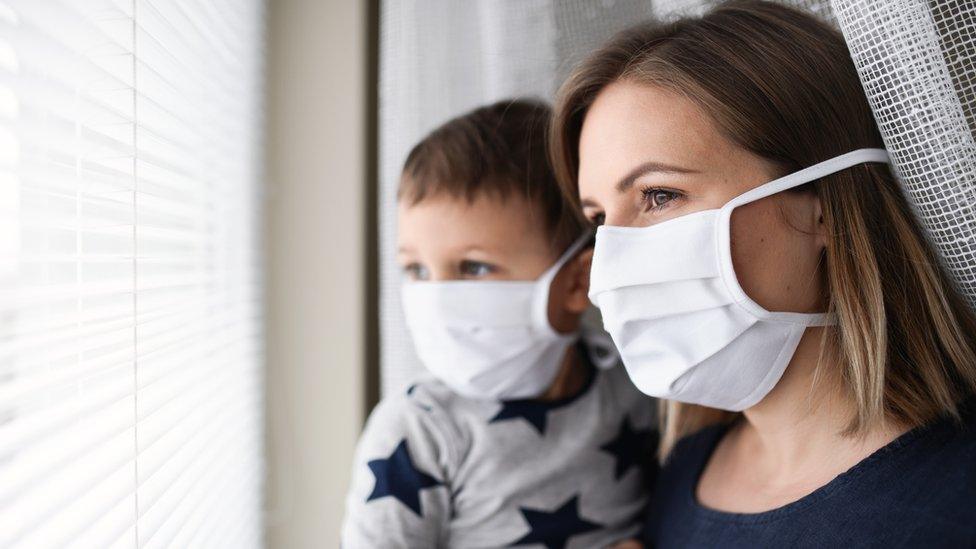Covid: £500 self-isolation payment scheme expands
- Published
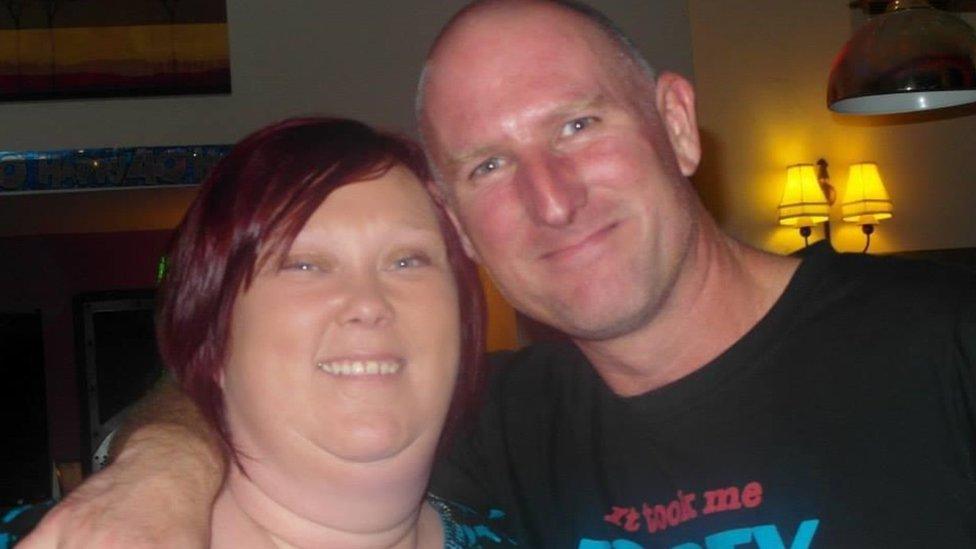
Tracy Moore and her husband Jason lost hundreds of pounds when they were told to isolate
Self-isolation is costing people who do not qualify for financial support hundreds of pounds in lost income.
Most applications to Wales' £500 self-isolation grant scheme have been rejected.
The Welsh Government announced on Wednesday it is expanding the scheme to make more people eligible.
Tracy Moore, from Flintshire, saw her household income fall about £700 last month, and told BBC Wales Live the way the support system worked was "wrong".
Since the coronavirus self-isolation support programme opened in November, 27,209 applications have been made in Wales.
Of those, 8,421 were approved, 15,772 rejected and 3,016 had a decision pending as of 2 February.
The Welsh Government said feedback from councils suggested rejected applications were mainly due to individuals being ineligible or not providing the necessary evidence.
Under the existing system, applicants must stand to lose income by isolating, and be on at least one of a range of benefits.
The government is now expanding the scheme to include people not on any benefits but with a personal income of less than £500 net per week or on basic statutory sick pay.
Ministers said the changes would make an additional 170,000 people potentially eligible for the grant, with the scheme extended to June. The new rules will not be backdated.
'I can't afford to self-isolate again'
Ms Moore, from Holywell, saw her household income drop by about £700 when her husband Jason and son isolated last month.
They work for a Tarmac company and shared their van with someone who tested positive the following day. They called 111 and were advised to isolate for 10 days.
But when they tried to apply for financial help they were told they were not eligible as they had not formally been asked to isolate by Test, Trace, Protect. Another 111 call handler later said they should not have been told to isolate.
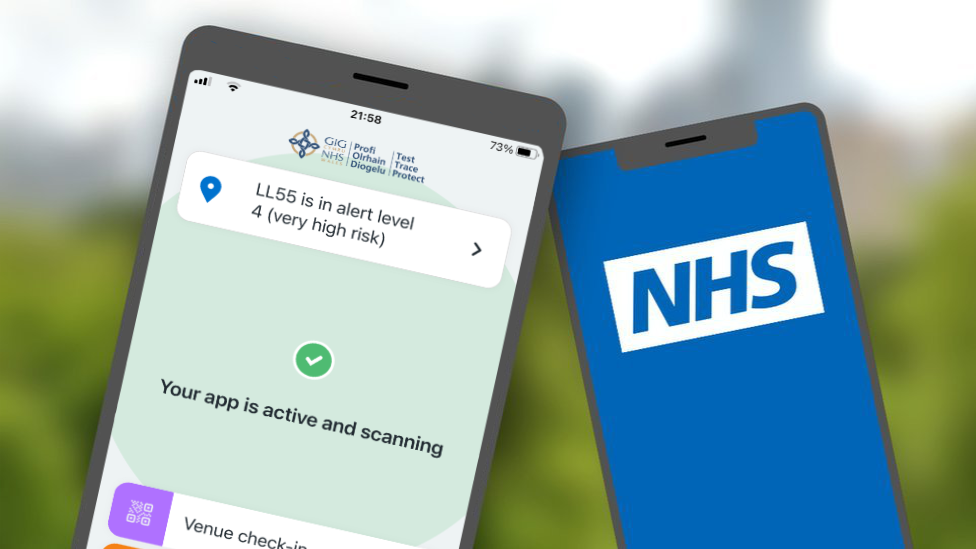
People living in Wales and England have been urged to download the NHS contact-tracing app
Ms Moore is disabled and does not work, so the household income took a hit.
"The bills have all been paid but it was not very nice. The way the system works is disgusting and wrong," she said.
Lynette Jackson, from Wrexham, lost about £400 when she isolated in the run-up to Christmas after a colleague at her factory tested positive.
When she applied for a discretionary payment she was told she was too late as 17 days had passed since her isolation ended.
"I did what I was meant to do. I think people will stop doing it if they're losing money," she said.
"I would only isolate again in the future if I'm ill, I can't afford to do it again."
Ignoring calls from contact tracers
One self-employed woman from Cardiff said she would not qualify for the grant so is avoiding getting tested and will ignore calls from contact tracers.
"I've done everything to avoid being told to isolate," she added.
"If it's a choice between paying rent and bills vs self-isolating I'm going to pay the bills."
But Helen Harris, from Newport, did receive the payment and said it was a "such a relief", with her baby Arwen currently in hospital for heart treatment.
Helen is on maternity leave and her husband Andrew lost about £700 when they had to isolate.
People may not isolate if they have financial worries, Helen Harris says
"I've been completely worried anyway... and then obviously we had the financial worries about if we could keep the house, if we could pay the bills," she said.
"It's just a massive weight off our mind, it's just something we don't have to worry about because it means that the money's now there for us to pay the bills that we need."
Ms Harris said she felt for people who are not given the grant.
"The government should definitely be supporting people because people are struggling with mental health and everything, they need to know they can pay their bills," she added.
A Swansea University study of people asked to self-isolate in Wales found more than a quarter of those surveyed said it negatively affected their income.
Local government minister Julie James said feedback from councils showed the scheme was working well, but lack of income was still being reported as a barrier for self-isolating.
"Self-isolation is key if we are to stop the spread of coronavirus and with more community testing programmes planned in the coming months it is vital we enhance the scheme to help more people self-isolate and receive the financial support they need," she said.
Plaid Cymru's shadow minister for finance and health, Rhun ap Iorwerth, said: "Self-isolation remains a vital part of stopping the spread of coronavirus, and fear of financial hardship is one of the barriers to effective self-isolation.
"If support isn't sufficient, and isn't reaching the right people, our efforts to tackle the pandemic suffer."
He called for the payment to be brought up to £800 and said it will be an "important step" in tackling the virus as we come out of lockdown.
More on this story on Wales Live on BBC One Wales at 22:35 GMT on Wednesday

Covid-19 and mental health
The pandemic has had a huge impact on people's day-to-day lives in Wales, with mental health problems worsening across different age groups in the past year.
In adults, the proportion of individuals showing symptoms of depression, external has almost doubled since the start of the pandemic, the Office for National Statistics says.
And Covid-19 has had a "crushing impact" on the lives of children and young people, according to the Children's Commissioner for Wales.
Have you or a loved one suffered a mental health problem during the pandemic? Or have the circumstances helped you to address an issue?
Use this form to send us your stories and experiences.
Please note, we will contact you before publishing anything you provide and the contact details you include will never be published. Please read our terms & conditions and privacy policy.
If you are reading this page on the BBC News app, you will need to visit the mobile version of the BBC website to submit your question on this topic.
- Published1 February 2021
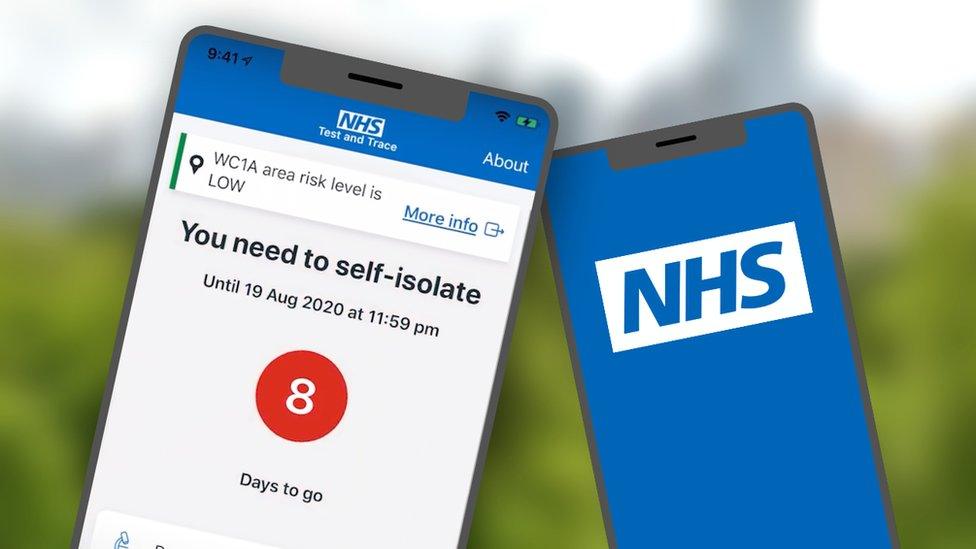
- Published19 January 2021
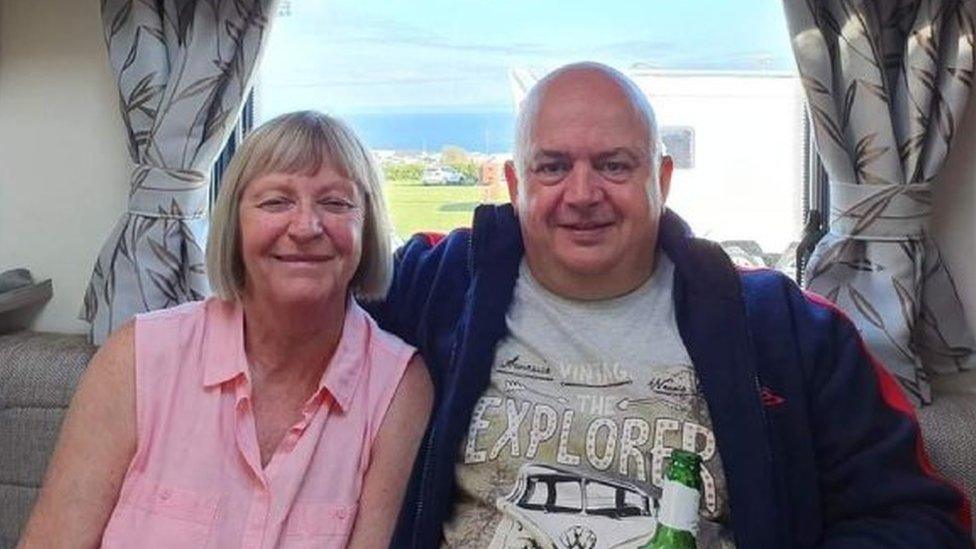
- Published7 December 2020
